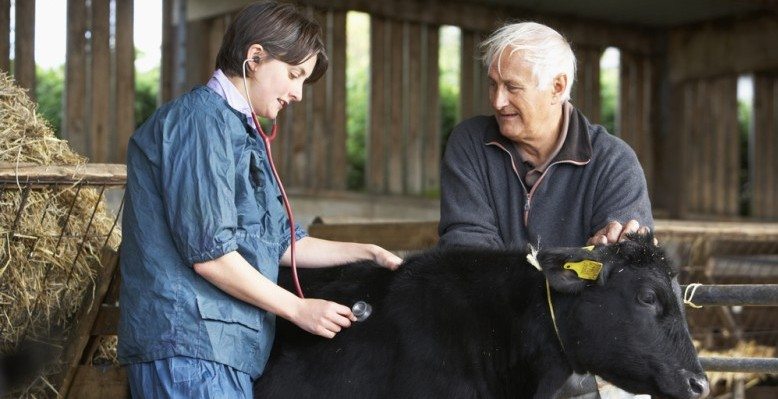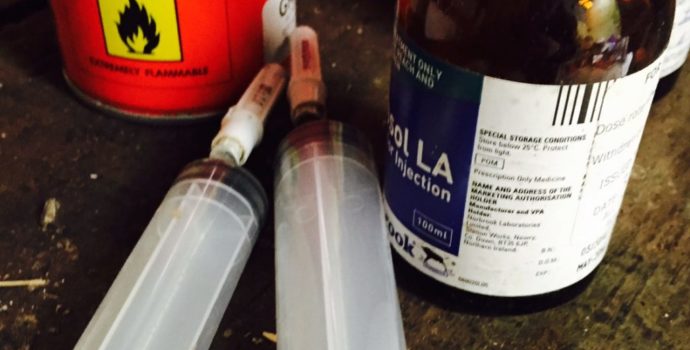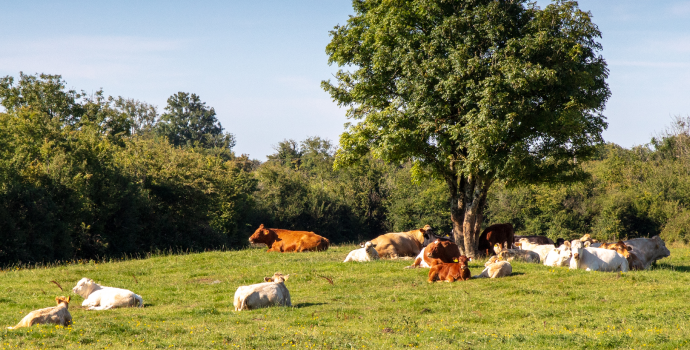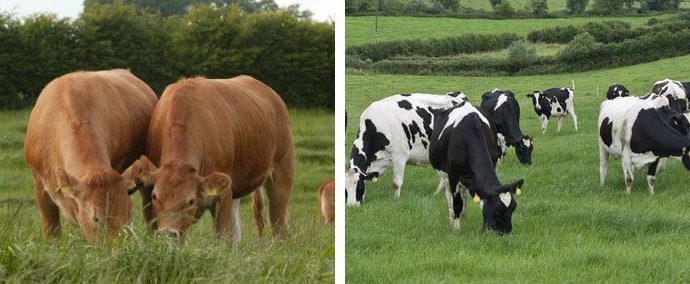New Measures in TB Programme Will Reduce Burden of Controls on Farmers

IFA Animal Health Chairman TJ Maher said the new arrangements agreed for the TB programme meet two key criteria for farmers.
“The improved financial support schemes will reduce the burden and costs associated with TB breakdowns on our farms and the additional resources and agreements reached for the wildlife control programme addresses one of the key drivers of the disease in our cattle,” he said.
He said changes to the live valuation scheme will help in ensuring as farmers we receive the correct market price for the animals taken from our farms.
The IFA Animal Health Chairman said fundamental changes have been agreed in the Income Supplement, Depopulation Grant and Hardship Grant Schemes, both in terms of eligibility criteria and the rates payable.
For more details on the key changes, see here.
The new rates are payable to all herds in receipt of the scheme payments from 1st February.
“The other significant change to the schemes is that farmers will now become eligible for these payments on the date the reactors are identified on the farm as opposed to the date of removal from the farm recognising the immediate income loss experienced,” he said.
TJ Maher said a fundamental change has been agreed that allows farmers purchase in animals when restricted, while still retaining live valuation entitlement for the purchased in animals and income supplement entitlement for the herd, removing the financial risk from purchasing in and allowing farmers maintain their on-farm production levels. Permission to purchase in will be required in agreement with the local RVO in these cases.
The IFA Animal Health Chairman said the one of the most contentious issues dealt with in the group was the EU Animal Health Law 30-day TB Pre/Post Movement Testing Requirement.
TJ Maher said reaching agreement on all of these measures required agreement on a funding model for the next two years. This agreement has Department of Agriculture and farmer funding commitments.
“The agreements reached yesterday must now be transposed immediately into the Terms and Conditions for the schemes; implemented on the ground in the manner and spirit in which they were agreed; and farmers better supported in farming their way out of this disease on their farms,” he said.
“While huge progress has been made, there are still a number of issues to be resolved. IFA will continue to engage in the TB Forum process to further enhance the TB programme and expedite the eradication of the disease,” TJ Maher concluded.



